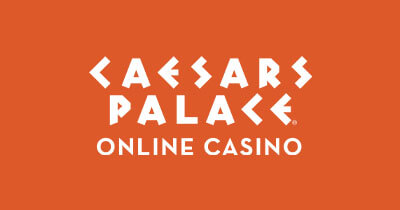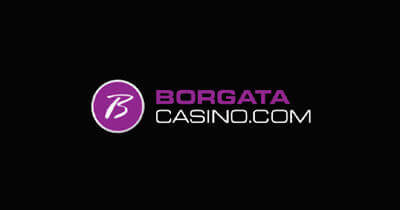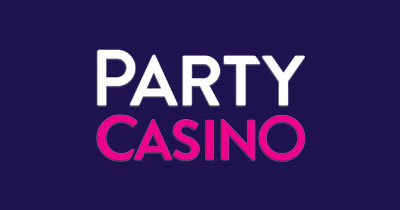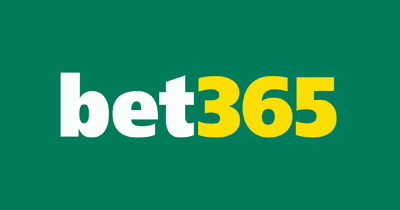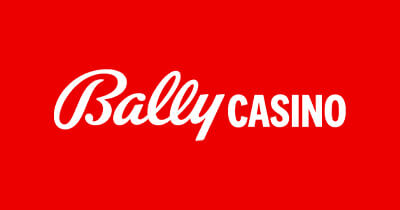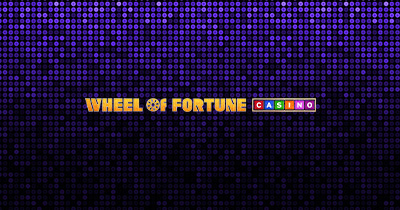By Stanford Wong
For one day in October 1994, Sic Bo was the most exciting game in any casino, anywhere. On October 25, I published a special issue of my newsletter, Current Blackjack News, explaining how to beat the game. Flat $100 bets had the expectation of winning $1,500 per hour. Ten of the people who received my newsletter by fax became professional sic bo players overnight. That made October 26 an exciting day for sic bo. Here are the details.
This is the content of the special issue of Current Blackjack News dated October 25, 1994: A professional sic bo player reveals his secret two-step approach for getting an edge at the game. Mississippi reporter Blair Guthrie has verified that the method works. The two steps to sic bo success are: 1 – Go to the Grand Casino in Biloxi. 2 – Bet on 4 and 17.
What is sic bo?
Sic bo is a game played with three dice, and customers can bet on the various number combinations. Normally the casino has an edge on every possible bet. An exception is bets on 4 and 17 at the Grand in Biloxi. Of the 6 x 6 x 6 or 216 permutations of three dice, there are three ways to make 4 and three ways to make 17. If there were no house edge, the payoff would be 71:1 on those two bets. The Grand pays 80:1. That is a 12.5% customer edge. You ought to get at least 60 games an hour. The maximum bet is $100.
If you bet $25 on 4 and $25 on 17 on each game, you will win $1,975 an average of twice per 72 games. You will lose $50 on each of the other 70 out of 72 games. That is a average net win of $450 per 72 games, which is just over an hour of sic bo.
I was not kidding about there being a professional sic bo player. I am sending him a year of Current Blackjack News to thank him for sharing his secret with us. Sic bo is risky. You can easily go for long stretches without winning a bet, and with twin $25 bets you will lose $3,000 or more an hour during those unlucky stretches.
The incident
October 26 – The table opened at 11 am. A couple of professional sic bo players arrived before 4 pm, but most arrived in the early evening. That probably reflects airline schedules rather than a preference for avoiding daytime sic bo. The players flew in from around the country, with several coming from Las Vegas. One fellow received his newsletter by fax in Minnesota, hopped into his car, and drove for 17 hours to reach the casino.
By late evening all the chairs were taken and new arrivals had to stand. Anyone could have played – you too could have gotten in on the giveaway had you been there. Long arms would have helped; those standing to make their bets had to reach over or between seated players. One sic bo pro to arrived at midnight to find no empty seats at the table. He could have stood and reached in to make his bets, but he wanted to sit down. Fortunately for him, one customer was happy to sell his seat for $40. The purchaser went on to win $8,000 in the next three hours.
One late arrival was so happy to find the game still open and the 80:1 payoffs still being made that he simply stood there enjoying the scene instead of hurrying to get his first bets down. He was intending to bet $75 per number, but the first game proceeded without him having a bet on it. The result on that game: The dice totaled 4, so being slow in getting his first bet down cost him $5,925. After that he made $75 bets for a while, and dropped back to $50 bets after a series of losses made him fear going bust. Every time he won he went back up to $75 bets for a while, and then dropped down to $50 bets. He lost all his $75 bets; all of his wins came with $50 bets. He ended up winning $2000, but would have been up much more had he been quicker getting his first bet down because then all his winners would have been on $75 bets.
Several players were betting the $100 max, but most were betting quarters ($25 chips). There were so many bets on the 4 and 17 that the chips overflowed the appropriate spaces on the layout. Bets in the areas around those two betting spots were understood by all to mean bets on those numbers.
Each time the dice totaled 4 or 17, a great cheer went up from the sic bo table. If you happened to be in the Grand at that time, you heard all the sic bo players and some of the floormen simultaneously shouting “Show time!” By late evening, each time one of those numbers rolled, the casino paid out almost $50,000. Payoffs were slow. The dealer would say “I’m going to pay this $25 bet now,” count out $2,000, and then say, “Whose is this?” Someone would raise his hand and receive the payoff. There were no arguments; professional sic bo players are honorable people.
The players helped each other place bets too. One player at each end of the table acted as captain in charge of a betting square. (In sic bo, unlike roulette, all players use the same chips. If several people are betting the same amounts on the same numbers game after game, and on one game one player forgets to make the bet, if that number wins an argument might ensue.) The captains made sure that each player got his bet down each game. All the players were interested in keeping the game moving as quickly as possible.
The casino was unlucky. Numbers 4 and 17 each are expected to come up once per 72 games, but any given set of games can have too few or too many winners. On October 26 at the Grand in Biloxi, these two numbers came up more often than once per 72 games. Once the number 17 even came up on back to back games! The frequency with which these numbers won, combined with the large amounts being wagered on them, had the casino bosses concerned. By the end of the evening there were no less than seven supervisors in suits and ties observing the game and wondering why the casino was losing.
Normally the pace of sic bo is 60 to 75 games per hour. However, when 4 or 17 hit, it took the dealer up to 15 minutes to pay all the winning bets. After midnight the 4 and 17 hit about twice as often as expected, slowing the pace of the game to less than 30 games per hour.
The casino was losing, so several times more chips had to be brought to the table. A fill, as the procedure is called, was welcomed by the players as a chance to use the rest room without missing any betting opportunities.
The game closed at 3 am, its normal closing time, with the sic bo players being way, way ahead of the casino. I do not know the exact amount the players won, but a Grand casino insider estimates $180,000.
Besides lining up at the cashier, the players lined up at the rest room and restaurant. Minor bodily needs tend to be ignored when the cost of satisfying them is high. As soon as the game closed, such needs became urgent.
October 27 – The game was supposed to reopen at 11 am. The sic bo pros started drifting in around 10 am so as to be able to jump right in as soon as the game opened. Also coming in at 10: a team of possibly as many as a dozen casino employees to examine everything about the game. They took the dice shaker apart to examine it. They carefully examined the dice. They checked the electrical circuitry of the table to be sure that only winning numbers lit up. They seemed completely puzzled as to how the casino could have lost so much money the previous day.
At 11 am a dealer came to the sic bo game, and the chip tray was unlocked. Two minutes later the tray was locked up and the dealer disappeared. The would-be sic bo players asked what was happening, and were told that the opening was being delayed. The people who were waiting wanted very much for the table to open so that they could play some more sic bo. But they also enjoyed the fact that they had a 12.5% edge over the casino, and the casino had no inkling of what was going on.
At 1 pm a boss came over and said “I know you boys are waiting for game to open, but we are not opening it today.” The players were not happy to hear that the game would remain closed, but they were impressed by the boss’s graciousness.
Later the sic bo pros noticed a casino executive with a copy of my newsletter explaining how to beat the game. So it appeared that the casino finally knew why the players won at sic bo the previous day.
The sic bo table did not reopen that day, or the next day either. Apparently the casino folks rethought the wisdom of paying 80:1 for combinations that are expected to occur once in 72 games. The table remained closed until the casino obtained a new layout that promised only 60:1 on totals of 4 and 17, giving the casino a 15.3% edge on those bets.
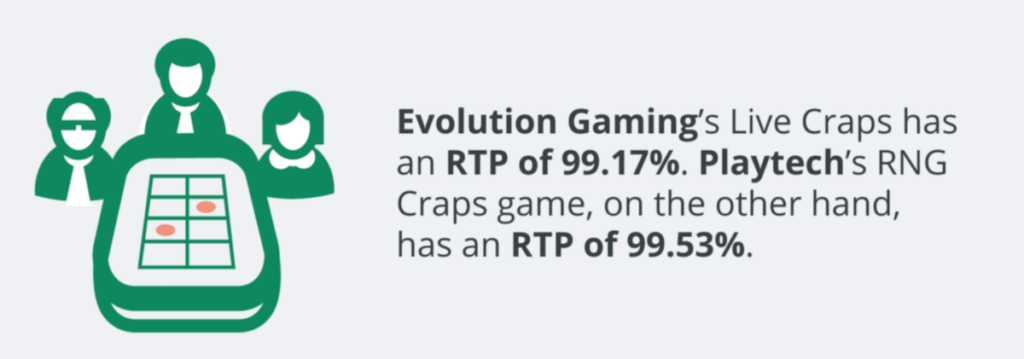
Stanford Wong is one of the world’s foremost authorities on the game of blackjack and the author of numerous books on casino gambling that are published by Pi Yee Press. Wong also operates a web site at www.bj21.com which he calls “a meeting place for people willing to study to beat casino games. Many members are blackjack card counters, but BJ21 is also home to players who win at poker, video poker, sports betting, and craps. Members use message boards to swap stories about strategies and current playing conditions in casinos in Las Vegas and elsewhere.”

